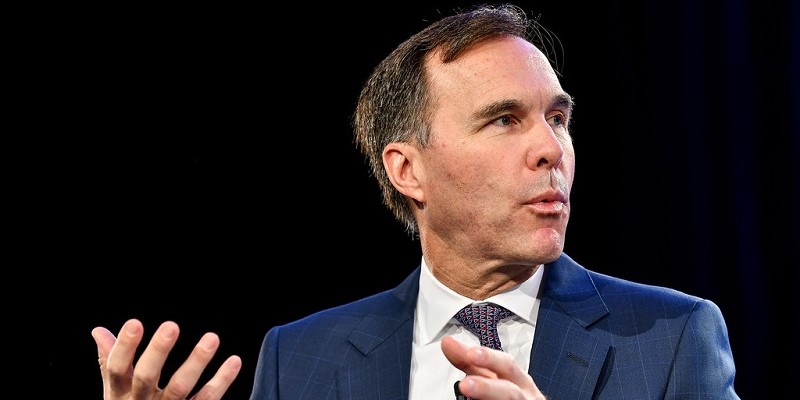An Affront to Democracy: New legislation proposed giving Liberals unprecedented powers

On Monday evening, Global News and the Globe and Mail broke stories that the federal government was planning to introduce legislation giving sweeping powers to Finance Minister Bill Morneau, including the power to unilaterally spend, borrow and change taxes without Parliamentary approval. Rumours later emerged that the Liberals had reversed course and decided against the aggressive legislation after consultation with opposition parties. While it is still unclear whether the government will submit legislation along the lines proposed, the fact that such unprecedented powers were even proposed is concerning as it would have been an affront to democracy with lasting consequences.
Despite the challenges of COVID-19, it is important to remember that the Liberal government received a strong message from Canadians just five months ago. The Liberals were reduced from a solid majority (184 of 338 seats) to minority status (157 of 338 seats), receiving only 33 per cent of the popular vote. Indeed, the Liberals lost seats and their share of the popular vote in every province. Put simply, Canadians told the governing Liberal government that they had lost their confidence, were unhappy with the government’s performance over the preceding four years, and wanted more democratic accountability.
And it’s easy to see why. Canada’s economy was sputtering prior to the COVID-19 crisis, business investment had declined by 17.3 per cent in the previous five years and more than $185 billion in net investment had fled Canada over that period. In addition, Canada plummeted in competitiveness comparisons completed by external organizations such as the World Bank’s Ease of Doing Business report, where Canada dropped to 23rd in 2020 from 4th in 2007. To put it simply, the federal government, due to poor policy, had caused a crisis of confidence in Canada as a place to invest.
Then in early February, came the minority government’s first real test with the #ShutDownCanada movement and ensuing rail blockades and protests, which caused disruptions to our economy and frustration among Canadians (it is hard to believe that was just last month).
How did Canadians view the federal government’s leadership on this front? A recent poll found that on the whole, Canadians were deeply disappointed with the Prime Minister’s leadership, with 70 per cent of respondents indicating they believed the Prime Minister had done a bad job handling the blockades.
This same government, the one that Canadians demoted to minority status, the one that scared investors away from our great country, and the one that badly mishandled the recent rail blockades, now at least contemplated extraordinary, unprecedented powers not seen even in times of global war.
Why, when the Canadian public clearly did not have faith enough in this government to provide it with a majority, would it be proper for the government to legislate itself powers well in excess of a majority government?
Is it because parliament is not working?
That does not seem to be the case as the Official Opposition immediately released a statement noting that “In a crisis, broad, all-party agreement is essential… And we are prepared to have Parliament sit as needed to transact the business of Parliament…. We will authorize whatever spending measures are justified to respond to the situation…”
Perhaps is it because the government just doesn’t want to deal with parliament. If this is the case, the Liberals should be heed the lessons of C.D. Howe and the debate on the TransCanada pipeline in 1956. The Liberals forced closure to end parliamentary debate and pushed through its legislation approving the pipeline. C.D. Howe later said "I didn't have the patience anymore that it takes to deal with Parliament.” A year later, in 1957, the Liberals lost an electoral shock to the Diefenbaker Tories who formed a minority government. A year later, though, the Diefenbaker Progressive Conservatives recorded the largest majority in Canadian history at the time.
The government’s considered legislation to give itself sweeping powers would be an affront to our democracy and a significant overreach by a minority government. Canadians didn’t vote for this and the Liberals have not earned it. Furthermore, if this is supposed to bring certainty to Canadian households and our business community, both of which are struggling, then something is very wrong in Ottawa. At a time when we need the federal government to lead, bring the country together and provide certainty, proposing legislation such as this will likely do the exact opposite.
Authors:
Subscribe to the Fraser Institute
Get the latest news from the Fraser Institute on the latest research studies, news and events.

